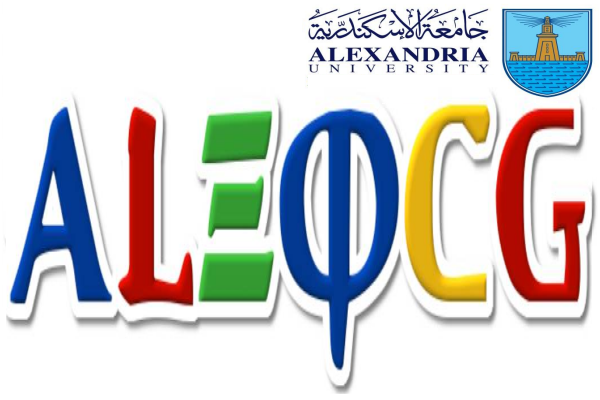 |
Workshop of Quantum Computer and Quantum Information, 3 February 2021 | 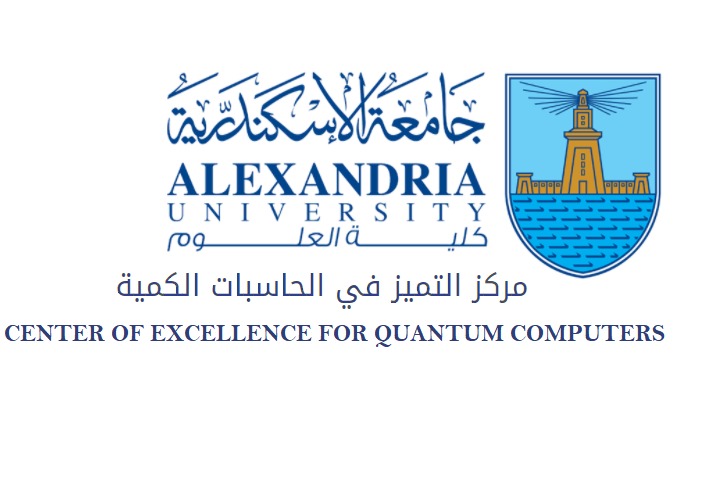 |
|---|
 |
Workshop of Quantum Computer and Quantum Information, 3 February 2021 |  |
|---|
| Title:Quantum Game Theory: The Quest for Optimal Quantum Technology | 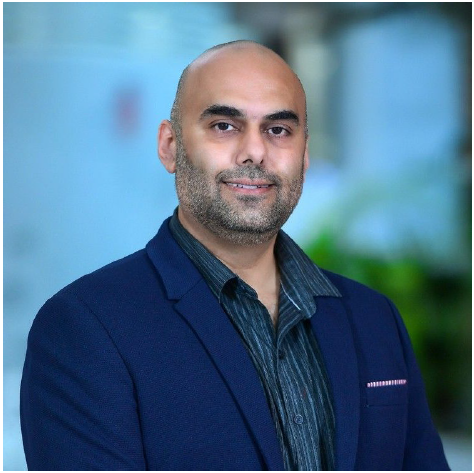 |
| Speaker:Faisal Shah Khan | |
| Time:9:00 AM to 9:45 AM | |
Dr. Khan is a mathematical scientist with research background in quantum information & computation and game theory. |
| Title:An Introduction to Quantum Machine Learning. |  |
| Speaker:Amira Abbas | |
| Time:10:00 AM to 10:45 AM | |
|
Amira is a predoc researcher in the Quantum Research Group at the University of KwaZulu-Natal and part of the IBM Quantum Computing Research team in Zurich, as well as the IBM Quantum Education team in South Africa. Her current research focuses on the intersection of quantum mechanics and machine learning theory in order to solve problems that are not possible to compute classically. Amira holds an undergraduate degree in actuarial science, an honours degree in quantitative finance and a masters degree in physics and is a recipient of Google's PhD Fellowship. She is an active member of numerous community driven initiatives centred around strengthening science and technology in Africa. |
| Title:Quantum computing in Africa. | 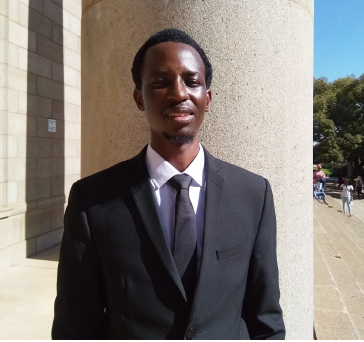 |
| Speaker:Farai Mazhandu | |
| Time:11:00 AM to 11:45 AM | |
|
Farai Mazhandu is the founding
President at OneQuantum Africa, a
chapter of OneQuantum , the leading
Quantum Tech community with
virtual networking, member events,
public summits attended by several
thousand participants, mentorship
programs, and many other perks,
and Vice President at Interference
Advisors , the leading data provider
and advisory firm in Quantum Tech. He has an MSc in Physics from the University of Witwatersrand and works on strategic innovation through disruptive technologies. Farai strongly believes that Africa can now tap into a rich seam of advanced technology solutions that are being explored globally like IoT and Quantum Computing. A data geek and Qiskit Advocate, Farai has been invited to participate in the inaugural Quantum Computing Summer School held on African soil and Qiskit Camp Africa Hackathon where he adapted his MSc project and came up as first runner-up in 2019. He has also published in refereed journals, features on panels with global thought leaders in technology (he was recently on the panel on Building a Community with Open Source at the IBM Quantum Summit 2020 and judging panel for Qiskit Hackathon Global 2020), and presents diverse workshops and lectures, as well as author articles covering IoT and quantum computing. Much of his free time is spent contributing and volunteering to the community. Farai's story is a testament to the power of being a global citizen and true thought leader – working every day to make a positive impact while also helping communities understand and implement disruptive technologies that are fast reshaping the world around us. |
| Title:Non-Classical Computing Problems: Toward Novel Type of Quantum Computing Problems | 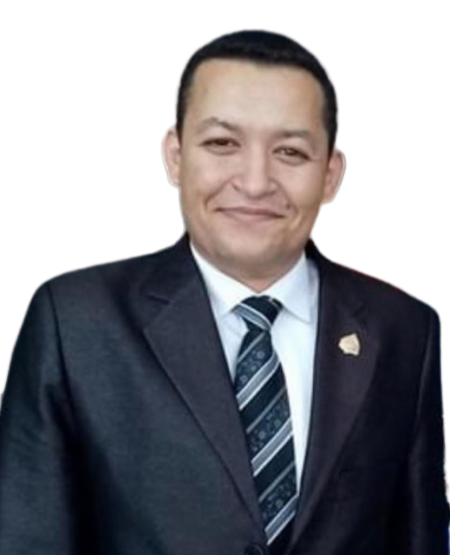 |
| Speaker:Dr. Mohamed Zidan | |
| Time:12:00 PM to 12:45 PM | |
| Dr. Mohamed Zidan is an assistant professor at Faculty of Engineering, King Salaman International University. Worked at Zewail University of Science and Technology from 2016-2020. Also, he joined the Photonic and Smart Materials Center at Zewail City as Postdoc researcher in 2020. Additionally, he is a Research Consultant at Faculty of Engineering, Abu Dhabi University, UAE. He has published many highly impacted papers in international peer-reviewed journals. He is a reviewer in several international journals in quantum computing and applied mathematics. He is a member of the Egyptian Mathematical Society. His research interest is mainly on quantum computing, quantum artificial intelligence, robots and quantum technologies. |
| Title:A Gentle Introduction to the Quantum Approximate Optimization Algorithm | 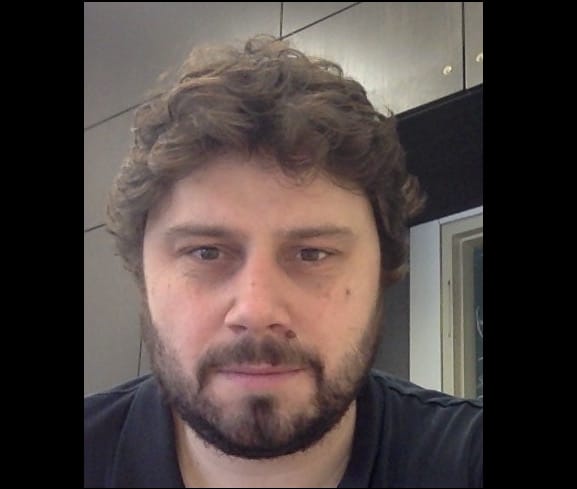 |
| Speaker:Zoltán Zimborás | |
| Time:1:00 PM to 1:45 PM | |
|
Zoltán Zimborás is a Quantum Information Scientist working on structural aspects of Quantum Computing, Quantum Control and Entanglement Theory. Dr Zimborás is currently a research associate professor and Head of the Quantum Computing and Information Group at the Wigner Research Centre for Physics (Budapest). He obtained his PhD at the Eötvös University in Budapest and worked later at ISI Torino, University College London, and Freie Universität Berlin before returning to Hungary. Dr Zimborás was selected as one of the Emerging Talents, a title "recognizing the best early-career researchers in each research community" by Journal of Physics A. He is member of several editorial boards (PLoS One, Frontiers in Quantum Computing), and is also a member of the board of QWorld, a non-profit organization that aims to develop teaching material (including open-source software) for quantum programming at all levels. |
| Title:The Application of Quantum Annelaing to Solving VRP and its Variants. | 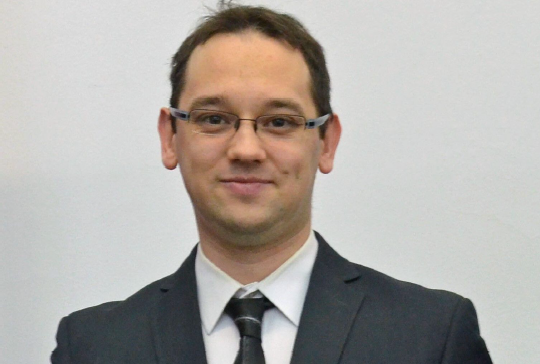 |
| Speaker:Bio Pawel Gora | |
| Time:3:00 PM to 3:45 PM | |
| Scientist, IT specialist and entrepreneur working mostly on the applications of AI (especially in transportation and medicine) and quantum computing. Graduated from the Faculty of Mathematics, Informatics and Mechanics of the University of Warsaw (M.Sc. in Mathematics and M.Sc. in Computer Science) and is now a PhD Candidate at that Faculty. In the past, he worked as a software engineering intern or research intern at Microsoft, Google, CERN and IBM Research. He is one of the organizers of 2 meetups in Warsaw: Warsaw.ai and Warsaw Quantum Computing Group, and Board member of QWorld and QPoland. He is also a founder and CEO of the "Quantum AI Foundation" http://www.qaif.org.pl aiming to support the development of AI and quantum computing. He also co-founded the "Quantum AI" group (https://www.facebook.com/groups/quantumai) aiming to facilitate education in the area of applications of AI in quantum computing and quantum computing in AI. He has more than 11 years of experience in the intelligent transportation systems domain. He worked on projects related to modelling and simulation of transportation networks, traffic management systems, carpooling / vanpooling services, bike-sharing services, electric vehicles, connected and autonomous vehicles, intelligent parking systems, optimizing logistics. He built a microscopic traffic simulation software, Traffic Simulation Framework, and used it for experiments with AI (graph neural networks, reinforcement learning) optimizing traffic signal settings in the project TensorCell aiming to optimize complex processes using AI. He co-founded a startup Broomee Technologies developing a software for optimizing vanpooling services. He is also a representative of Poland in the Management Committee of the COST Action "Wider Impacts and Scenario Evaluation of Autonomous and Connected Transport". He received several awards, e.g., "Lider ITS" award for the best R&D work in the intelligent transportation systems domain in Poland. "MIT Technology Review" recognized him as one of 10 Top Polish Talents in the "MIT Innovators Under 35" competition. In 2017, he was also placed on the list "NEW EUROPE 100" of emerging technology stars in Eastern Europe. He also collaborates with the public sector, e.g., he was working on recommendations for the Polish AI strategy and Polish IoT strategy. He is also a member of the Council for Digitalization. He also collaborates with several startups serving as a technical and business advisor. |
| Title:Quantum Machine Learning with PennyLane | 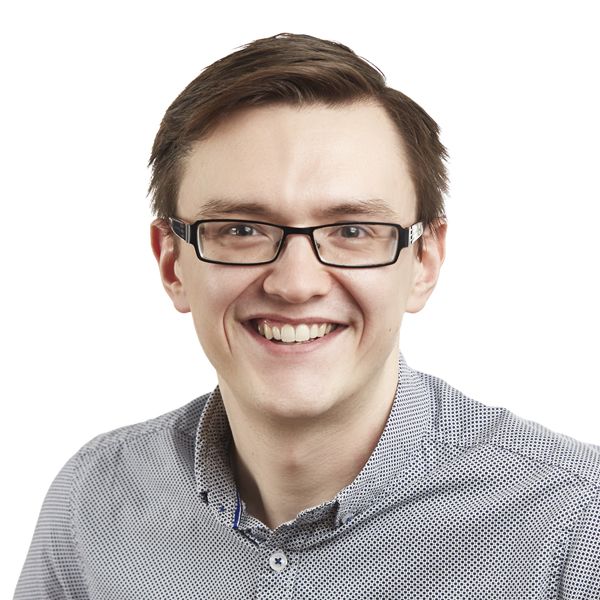 |
| Speaker:Thomas Bromley | |
| Time:4:00 PM to 4:45 PM | |
| Thomas Bromley is a Quantum Machine Learning Developer at Xanadu, and a contributing developer of PennyLane, the world’s leading quantum machine learning software library. Thomas holds an MSc in Physics from the University of Warwick and a PhD in Physics from the University of Nottingham. |
| Title:“Superconducting Qubit Architecture” | 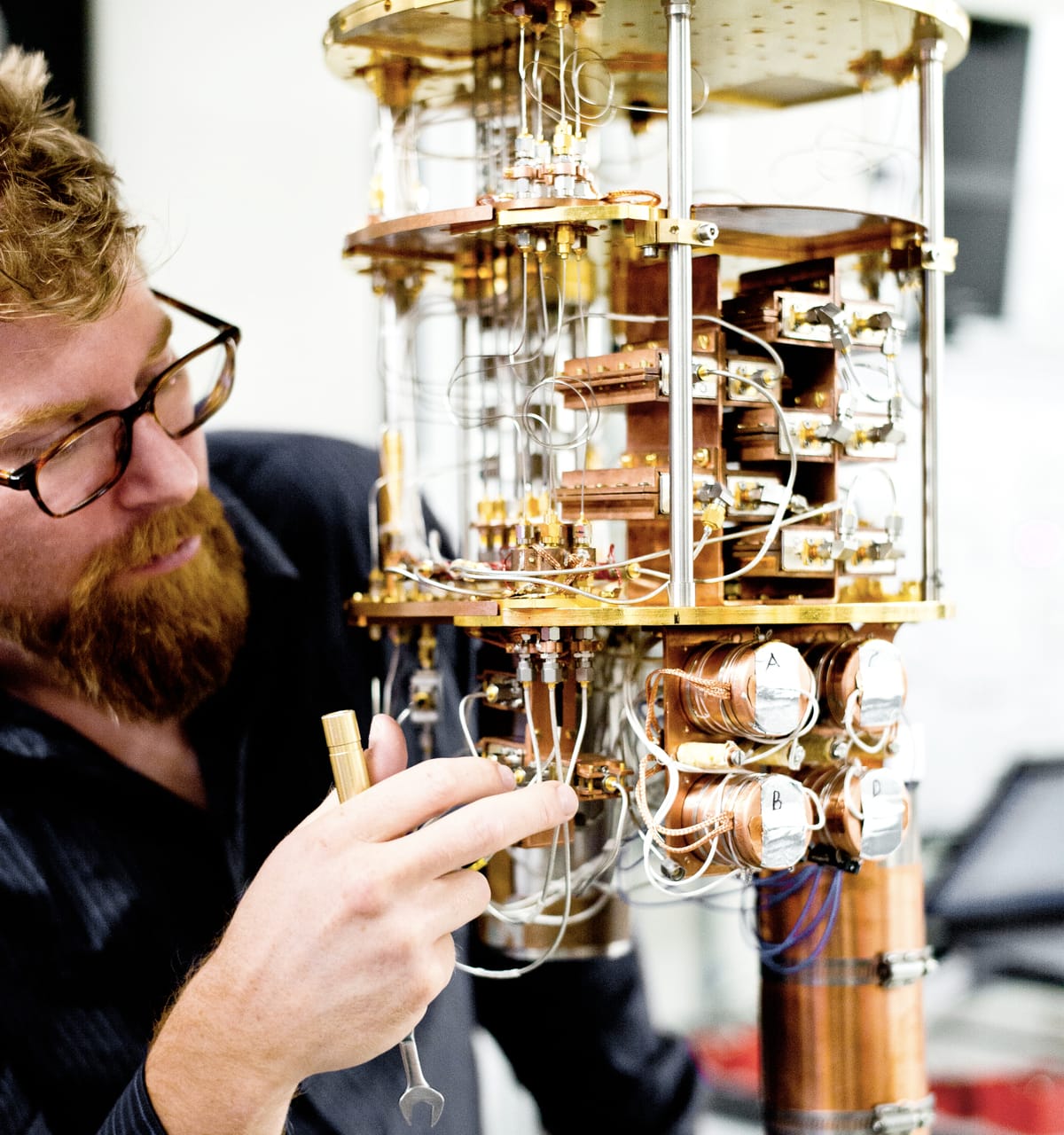 |
| Speaker:Nick bronn | |
| Time:5:00 PM to 5:45 PM | |
| After earning his Ph.D. in Condensed Matter Physics from the University of Illinois, supported in part by a National Science Foundation Graduate Research Fellowship, Nick joined IBM Quantum as a post-doctoral researcher in 2013. Continuing as a Research Staff Member since 2015, he has been responsible for developing and integrating quantum hardware and deploying quantum systems over the cloud, and now focuses on enabling Qiskit on different hardware platforms, hardware-focused quantum applications, and education of the quantum community at large. |